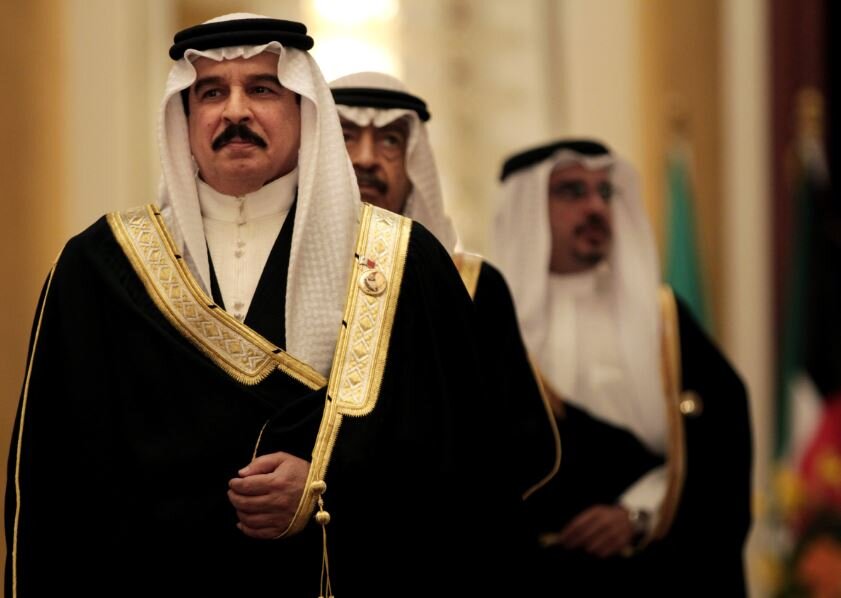Manama’s official stance: We will not allow attacks on Iran from our soil

TEHRAN – Following the developments related to Operation Al-Aqsa Storm, which led to a significant shift in the security dynamics of West Asia, the approach and behavior of some Arab countries along the Persian Gulf have taken on a more "realist" tone.
This strategy began with Saudi Arabia’s official efforts to strengthen security relations with Tehran and has now entered a new phase with Manama’s direct request to restore ties with Iran.
This issue gains added significance when we examine the media narrative about the region over the past few months. Since several months ago, precisely when the formal transition of power began in the White House, the claim that "Iran has been weakened" and that "Tehran is at its weakest point" has been heavily propagated in mainstream U.S. media and by politicians from both parties. Concurrently, at the European level, a narrative about "Iran’s efforts to obtain an atomic bomb" has been pushed by the media. One Western journalist even cited European officials claiming that, in the latest talks between Iran and European countries, Iranian officials had raised this issue—an allegation that was false and promptly denied by Iranian authorities.
In reality, the new anti-Iran puzzle to provoke Trump into action against Tehran has two main pillars: first, portraying Iran as weak, and second, suggesting that Iran is compensating for this weakness by pursuing nuclear weapons. This scenario has been carefully staged over the past two months to place "military action against Iran" as a credible option on the desk of the new U.S. president, allowing Trump, given his unpredictable and impulsive nature, to potentially act on it.
The remarks made months ago by the Leader of the Islamic Revolution support this claim, highlighting that the Western side is laying the groundwork for such a scenario, regardless of its success or failure. He explicitly addressed the U.S. president, saying: "That delusional fantasist claimed Iran has been weakened; the future will show who has been weakened. Saddam, too, attacked Iran, thinking it was weak. Reagan, imagining Iran’s weakness, provided extensive support to Saddam’s regime. They—and dozens of other deluded figures—met their fate, while the Islamic Republic grew stronger day by day."*
In this context, Bahraini officials, with a correct understanding of the actual developments in West Asia and aiming to leverage regional capacities for collective security, are striving to normalize bilateral relations with Tehran while preventing any foreign military adventurism against Iran in the region. Given that Bahrain hosts the largest U.S. military base in the region, Manama’s declaration can be seen as a highly positive step toward stabilizing security in West Asia.
Indeed, Bahrain—with an accurate grasp of Iran’s power and an understanding of the behind-the-scenes portrayal of Iran’s weakness post-Al-Aqsa Storm—has entered into security engagement with Tehran, much like what happened weeks ago with the visit of a senior Saudi official to Iran.
This model, which previously succeeded in de-escalating tensions between Tehran and Riyadh during the Saudi-led coalition war in Yemen, could now also facilitate dialogue between Tehran and Washington.
The private conversation between Mohammed bin Salman and Seyed Abbas Araghchi—technically managed by Iran’s foreign minister—about the potential consequences of the U.S. using military bases in certain Arab countries has sent a clear message to other regional states: the security equation in West Asia is a function of Iran’s security, and disrupting this balance benefits no country—especially the Arab states along the Persian Gulf.
Leave a Comment